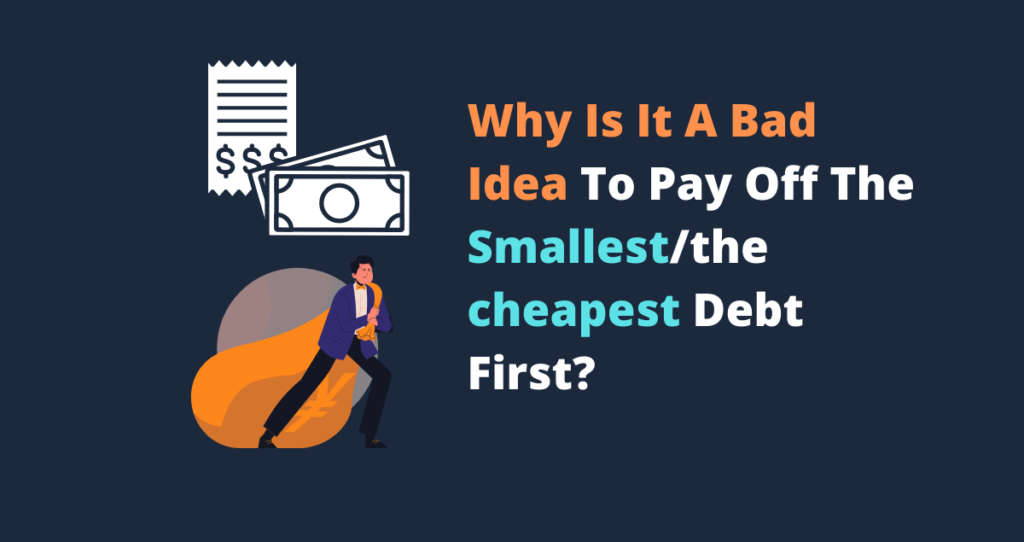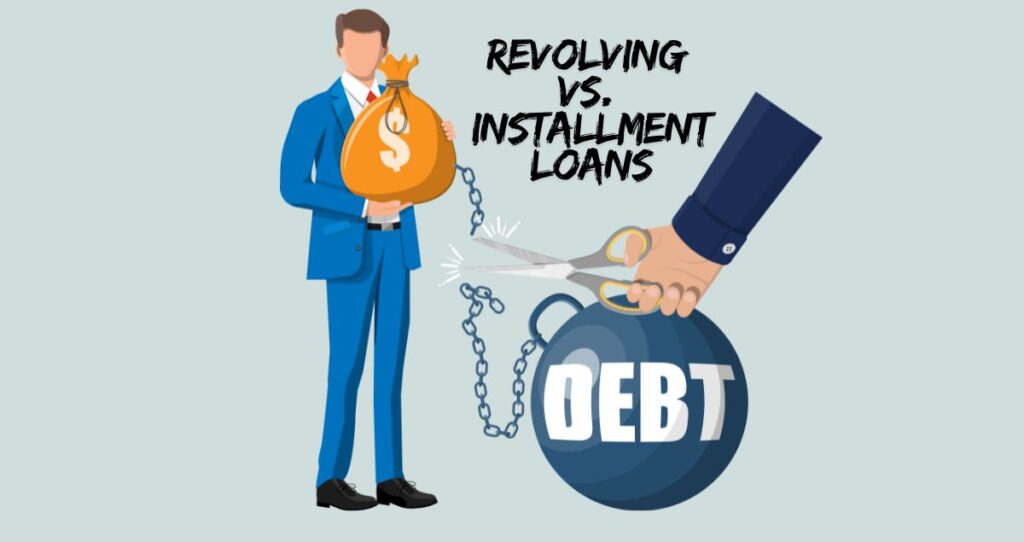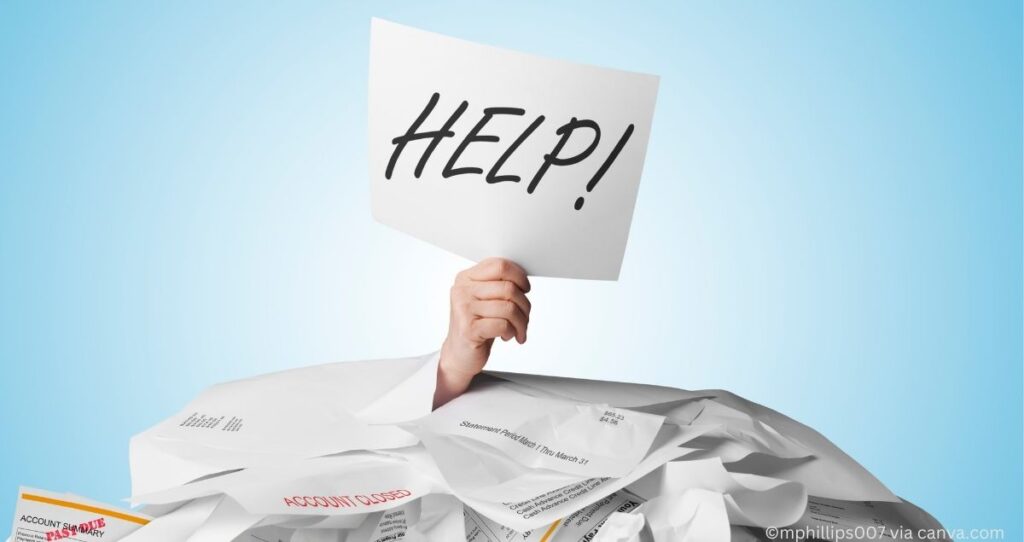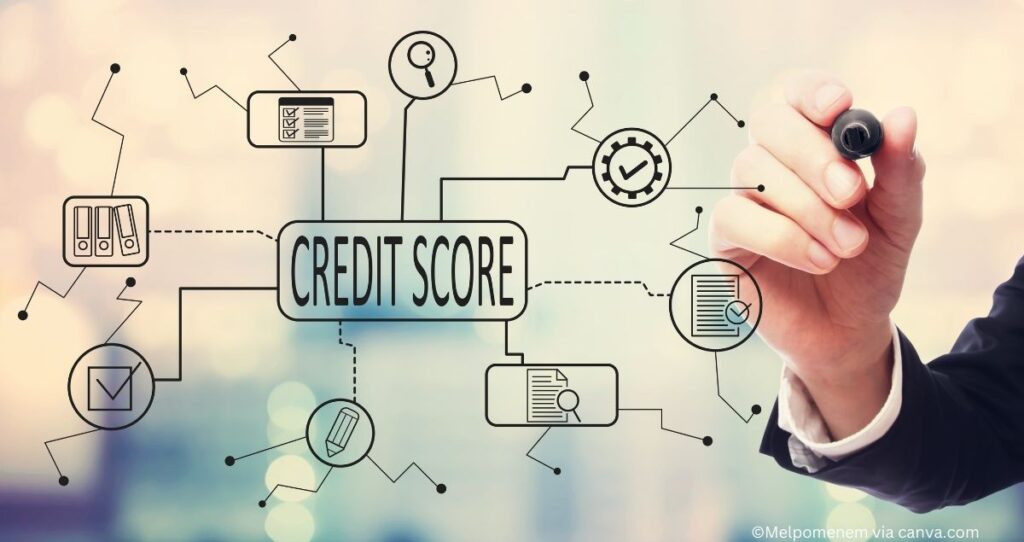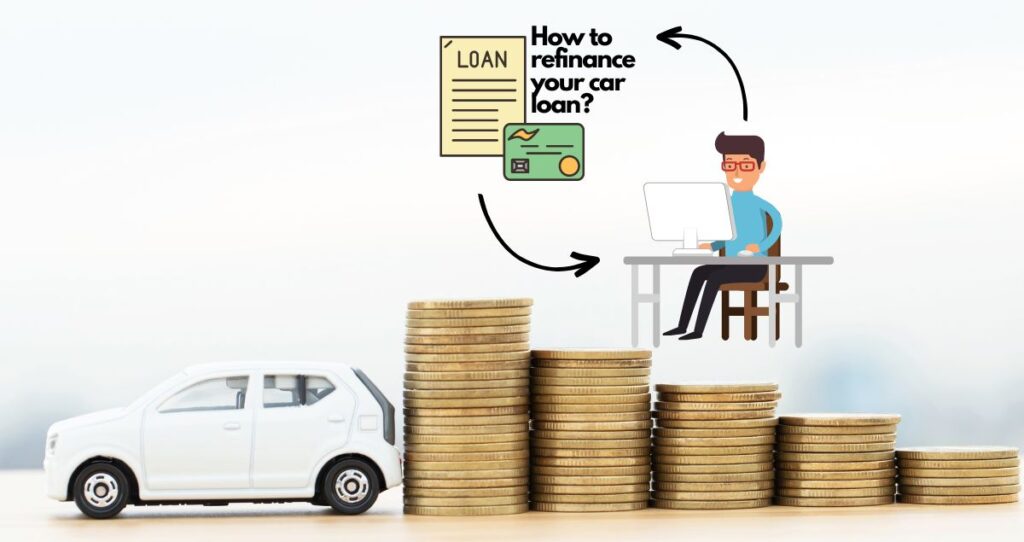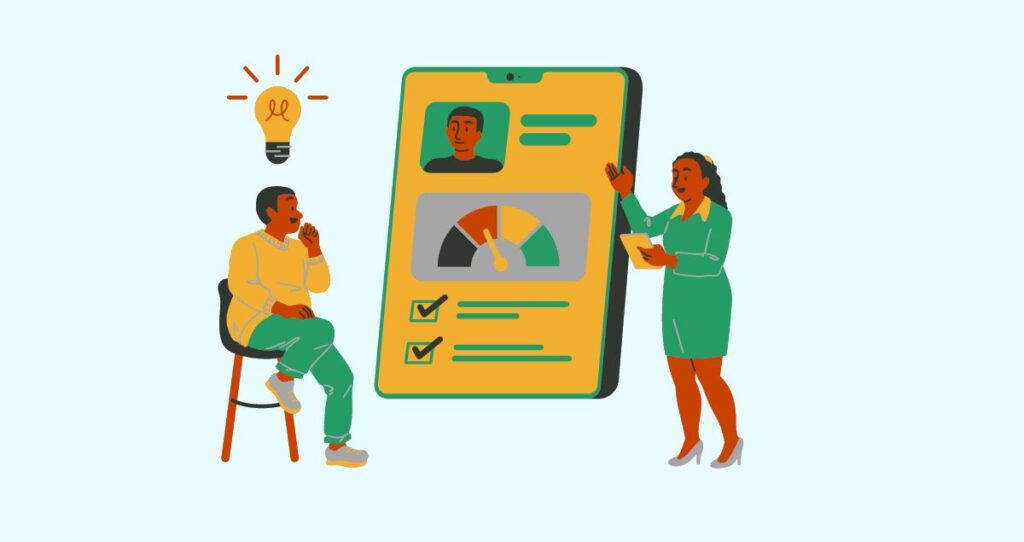The amount you can borrow with a personal loan largely depends on your creditworthiness, which is mainly determined by your credit score, income, and DTI ratio. Lenders look at these factors to assess your ability to repay the loan. Typically, personal loans can range from about $1,000 to $50,000, although some lenders offer loans up to $100,000 to borrowers with excellent credit scores.
An excellent credit score is any score of 800 or higher. But, if you have a good credit score which ranges between 740 to 799, you can still qualify for a higher personal loan. Your debt-to-income(DTI) ratio also affects the amount you can borrow. The DTI ratio is the ratio of your monthly debt payments to your monthly gross income. Most banks prefer borrowers with a DTI ratio of 28% and lower to qualify for a higher amount in personal loans. The lower your DTI ratio, the more money you will qualify for in personal loans.
Here is everything you need to know when taking out a personal loan.
How much can you borrow with a personal loan?
If you are planning to take out a personal loan, you might need to know how much you can borrow. Most banks and loan companies limit the amount you can borrow to $50,000. If you are a current customer with a good credit history, you might qualify for a higher amount. If you are not a member of the institution, however, you might qualify for a much lower loan balance such as $25,000 depending on the institution.
What do lenders look for on a personal loan application?
Your personal loan and approval rate will depend on your creditworthiness. Creditworthiness simply refers to your ability to pay off the loan and interest charges and it is affected by several factors.
Here is what lenders look for when assessing your loan application.
Your credit score
The credit score is a number that ranges from 300 to 850. The higher your credit score, the easier you will qualify for a loan and the higher amount you will qualify for a personal loan. Having a good or excellent credit score will also help you qualify for a personal loan with the lowest interest rate.
Generally, you need to have a 740+ credit score to easily qualify for a personal loan and secure a lower rate. If your credit score is in the 600s or lower, you might find it difficult to get approved for a personal loan. Even if you get approved for the loan, you will pay a higher interest rate. A lower credit score means you are a risky borrower which leads to a loan application denial or paying higher interest rates when approved for the loan.
Your income
Assuming that you have a good credit score, the next thing lenders look for when you are taking out a personal loan is your income. Lenders use your income to determine how much money you can borrow in a personal loan.
The higher your income, the more you can borrow in personal loans. Having a higher income means that you can afford your loan monthly payments. While your income is important, lenders also use other assets you have to determine the amount you can borrow. For example, your income from wages and salaries might be low to qualify for a personal loan.
But, if you have other assets that generate passive income such as rental properties for interest payments and dividends from stocks or loyalty, these assets can also be used as sources of income.
Your debt-to-income ratio
The amount you qualify for a personal loan will directly be impacted by your debt-to-income ratio. This ratio compares your monthly loan payment on existing debt with your gross income. A higher DTI ratio means that you have too much debt already which means that getting approved for more money in personal loan will make it harder to afford your monthly payments.
A good DTI ratio is anything under 36% percent preferably 28% and under. Some lenders, however, might approve you for a personal loan with a DTI ratio of 42% or higher depending on other factors such as credit history and financial standing.
Collateral
While you might be able to pay off your loan, there are chances you can default on a personal loan. In this case, the bank will need collateral to recoup their funds. A collateral is something with a financial value usually an asset you give to the lender as a guarantee of repayment. The lender will then take the collateral if you fail to repay your loan balance.
When taking out a personal loan, you will need to have collateral before your loan is approved. A collateral can be anything of value that you own such as land, house, car, etc.
Origination fee
Regardless of how much you can borrow with a personal loan, you will pay a personal loan origination fee. This is a fee you pay to cover the cost of processing your loan application, closing the loan, and running a credit check. Depending on your lender, your credit score, and your loan balance, you should expect your personal loan origination fee to range between 1% to 8% of the loan amount.
How much interest do you pay on a personal loan?
Personal loans are some of the most expensive loans in the lending industry. On top of payday loans and credit card loans, personal loans also fall into the same category as high-interest loans. Most personal loans charge anywhere between 8% to 25% in interest rates.
According to a report published by NerdWallet, the average personal loan APR for February 2024 is 13.40% for borrowers with excellent credit scores, 15.86% for borrowers with good credit scores, and down to 21.14% for those with bad credit scores. Keep in mind that the APR you qualify for on a personal loan might also be influenced by other factors and your specific lender.
The same report also shows that online lenders such as P2P lending websites and online lending institutions charge anywhere between 6.4% to 35.99%. The APR range for most banks is between 5.91% to 30.49%. For credit unions, you should expect to pay anywhere between 7.49% to 29.49% APR on a personal loan.
As I stated earlier, a good credit score, a lower DTI ratio, and proof of income are necessary to qualify for a lower APR on a personal loan easily.
Required documents for a personal loan
When taking out a personal loan, you will go through the whole loan application process. Meaning, that you will complete the application, gather the necessary information and documents, and wait to be approved.
Here is a list of documents you need when taking out a personal loan.
Loan application
Every lender requires you to complete a personal loan application. You must complete and submit this formal document when taking out a loan. While the application will differ from one lender to another, most applications require basic personal information, the amount you want to borrow in the personal loan, and its purpose.
The purpose of the loan, for example, you can say that you need $30,000 for a home renovation. You might also need to be more specific about the nature of your project such as roof repair and kitchen remodel.
Proof of identity
Before you take out a personal loan, the lender will need to verify your identity. This is to make sure that you are who you said you are and prevent lending money to unsupported businesses and entities.
During your loan application, you will need to provide one or more of the following information.
- Driver’s license/state-issued ID/passport
- Certificate of citizenship/green card
- Birth certificate
- Social security number
Proof of address
Every personal loan application requires proof of address. Documents accepted for proof of address include a copy of your lease, a copy of recent utility bills, a copy of insurance under that address, a voter’s registration card, proof of ownership of the home, etc.
Employment verification
If you are borrowing money in a personal loan, the loan amount must be paid back with interest. To pay the loan back, you must have an income that can come from several sources such as wages and salaries, interest payments, dividends, loyalty, etc.
You will need to provide proof of employment and your income will need to be verified. To provide proof of your employer and income verifications, your lender might require one or more of the following documents.
- The pay stubs for the recent few months
- W2s or 1099s forms
- Employer contact information such as phone number or email address
- Recent bank statements
- Tax returns
How to get a personal loan?
The process of getting a personal loan is simple. Start by evaluating how much money you need to borrow in personal loans, shopping around for the lowest interest rates, and improving your credit score. If you currently have a lot of debts, try to pay them off to improve your DTI ratio. Also, have loan required documents that I mentioned in the previous few paragraphs such as proof of identity, proof of address, and employment verification documents such as pay stubs, bank statements, or W2s, and submit your loan application.
Here are a few steps you need to take to get approved for a personal loan.
- Check your credit score. Knowing your current credit score will help you evaluate if you can qualify for the loan and how much interest you should expect to pay. If you have a bad credit score, I suggest you rebuild your credit score before submitting a loan application.
- Know how much you want to borrow. Before you head to the bank to take out a personal loan, you should know how much you want to borrow. This will help you borrow exactly what you need without going over budget.
- Shop around for the lowest interest rate. The best way to get started when taking out a personal loan is to start with your current bank. Reach out and see how much you can qualify for and the interest rate. If the terms of the loan are not favorable shop around for lower rates.
- Get your document ready. As I said before, you need to have the required documents such as proof of identification, proof of address, proof of employment, etc.
- Submit the loan application. After finding the best personal loan provider, it will be time to submit the loan application and wait to be approved.
- Use the money and start making payments. Once you have received the money, use it to take care of your project and get ready to start making loan payments.
When does it make sense to take out a personal loan?
While taking out a personal loan might seem like an escape plan and a quick way to fix your financial problems, you need to borrow only when it makes sense to do so. Here are a few scenarios when it makes sense to take out a personal loan.
- You want to consolidate high-interest debt. If you have several revolving credits such as credit card debts and personal lines of credit with high interest rates, a personal loan can be used to consolidate and pay them all off.
- You have a good credit score. Personal loans come with higher interest rates than mortgages and car loans. To lower the interest you pay on the loan, you should have at least a good credit score before you apply.
- You need money for an expensive emergency. While having an emergency fund is essential, there are times when you will need more money than you have saved for emergencies. In this case, taking out a personal loan will be a quick way to take care of the problem.
- You have a planned expensive project. If you have an expensive project and your savings are not enough, taking out a personal loan might be your only option. For example, if you are planning to do a complete home renovation, you might not have enough cash to cover these costs without taking out a personal loan.
You might also like: How to Raise Your Credit Score in 30 Days?
What to do if you get denied a personal loan?
Getting denied a personal loan does not mean you cannot qualify at all. All it means is that that specific lender did not want to lend you money due to specific reasons. Usually, you get denied a loan due to having bad credit, not having enough income to cover the amount you want to borrow, having a higher DTI ratio, or having a bad credit history. You might also be denied because you failed to provide proof of identity or address.
If you get denied a personal loan, the first step is to know why you got denied. You can figure this out by asking your lender. If you got denied credit due to having bad credit, raise your credit score first before submitting another loan application. You can also try a different lender who takes lower credit scores.
If it was due to having too much debt already, pay off some of your loans to improve your DTI ratio before submitting another application. You can also use a cosigner or improve your income to increase your approval rate on your next personal loan application.
You might also like: Get a 700 credit score in 7 simple steps
How long do I have to pay off a personal loan?
Unlike mortgages where you get 15-year to 30-year terms, personal loans come with shorter terms. Personal loans typically have terms that range between 12 months to 60 months, according to Rocket Mortgage. Depending on your lender, you might qualify for a longer term especially if you are taking out a personal loan to consolidate your debts.
Longer-term loans come with affordable monthly payments but you carry the balance for a long time which costs you more money in interest charges. Shorter-term personal loans are usually those you take out for emergency uses. Due to having higher interest rates, you must pay off personal loans as fast as you can.
The best way to deal with personal loans is to borrow as little as possible and pay it off as fast as you can.

